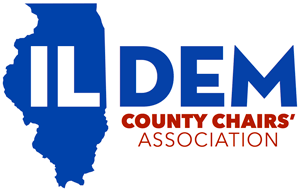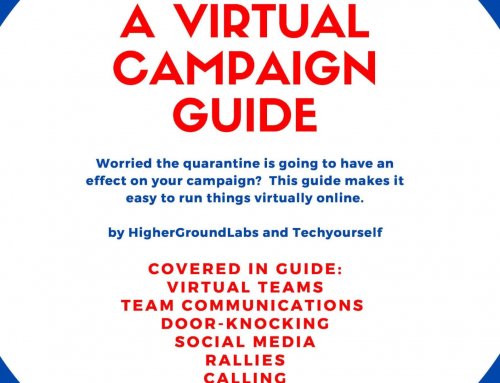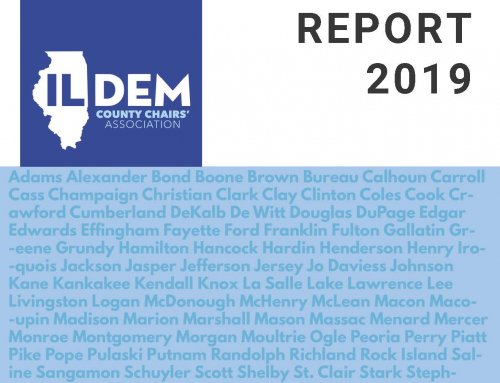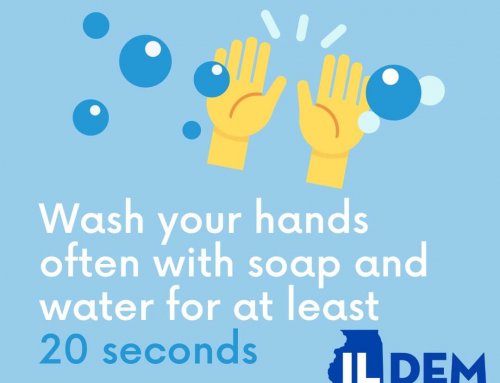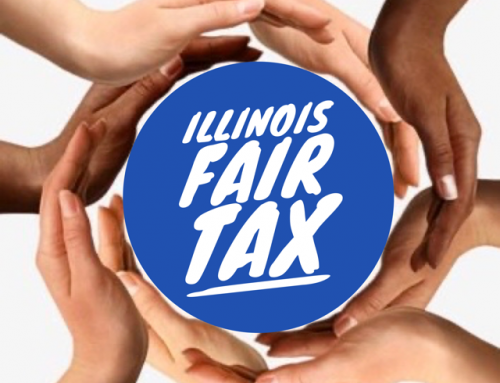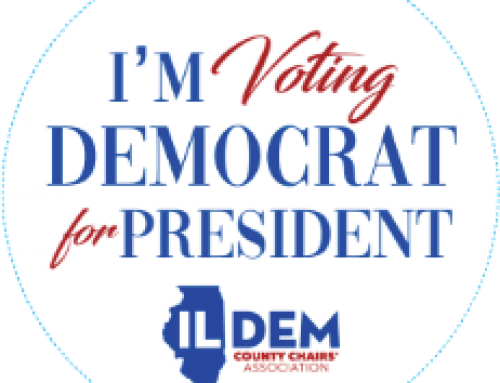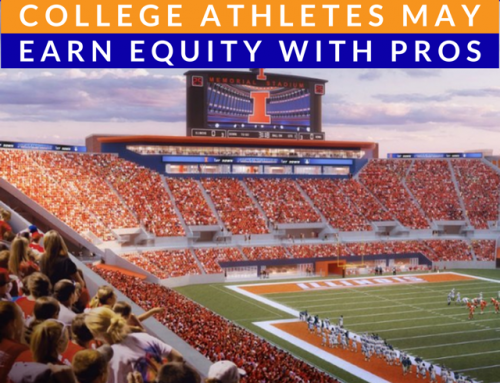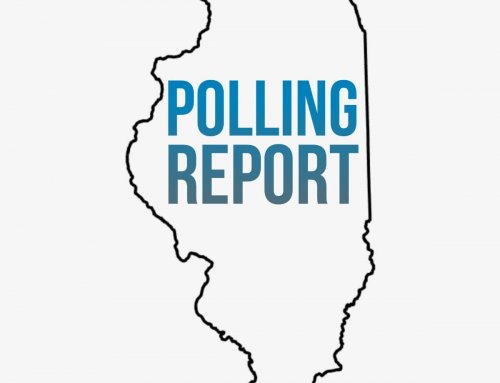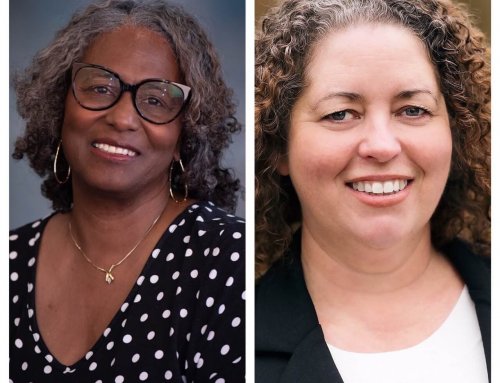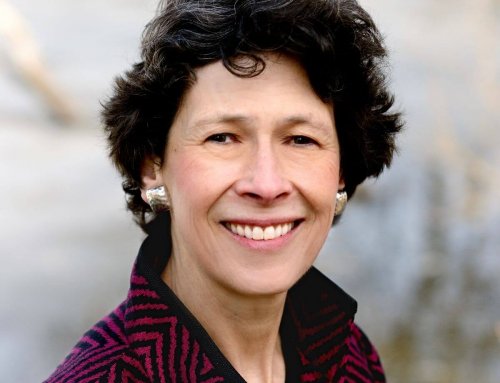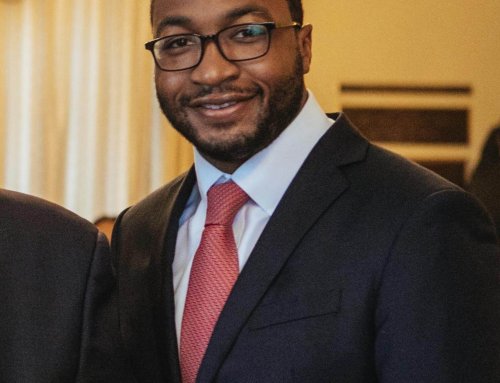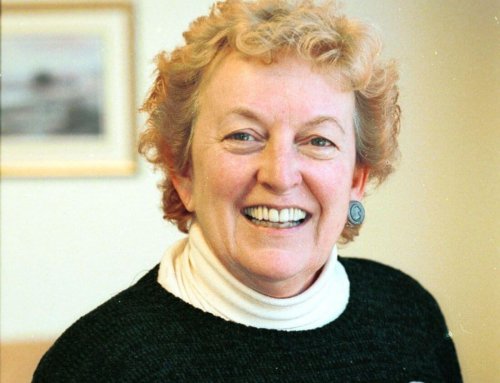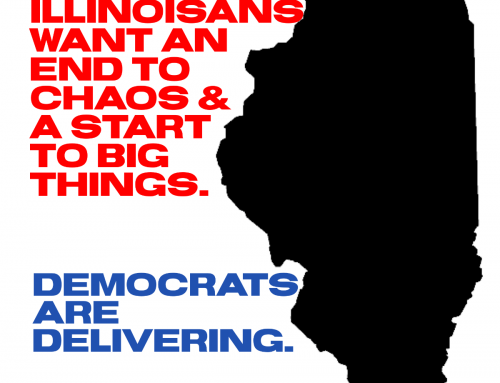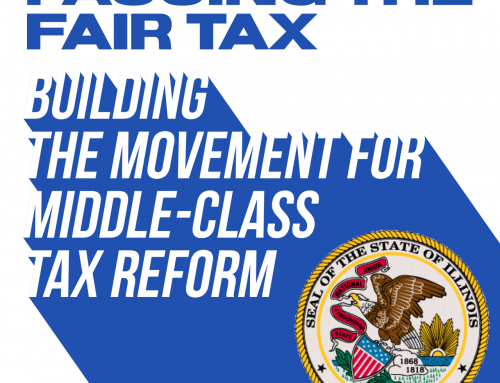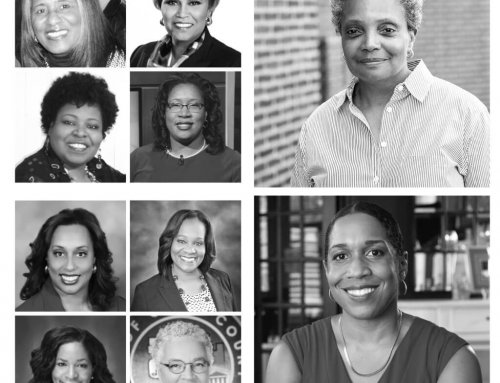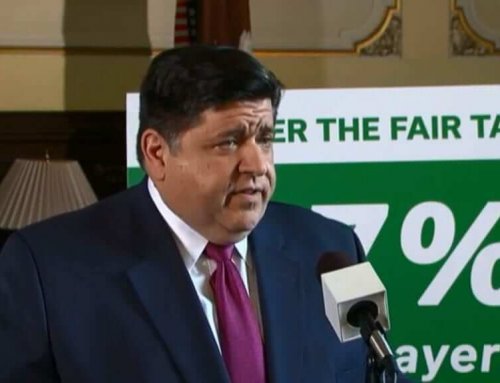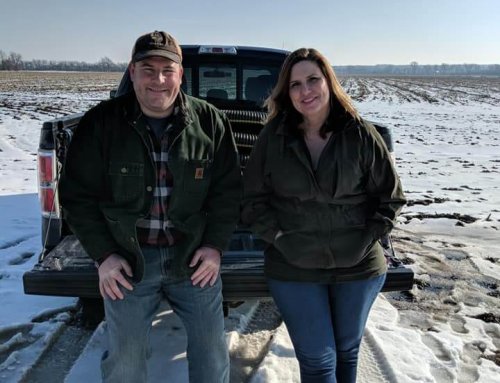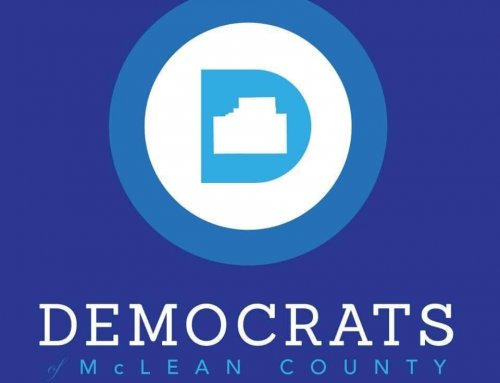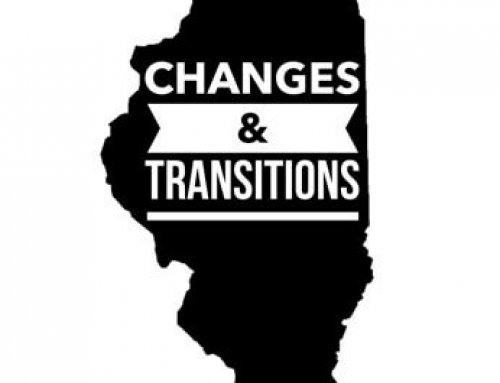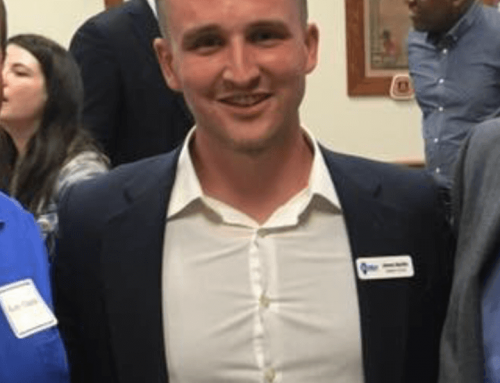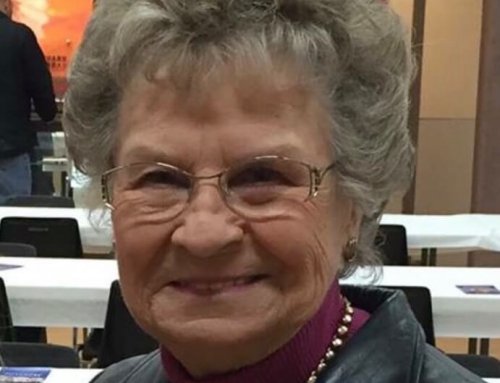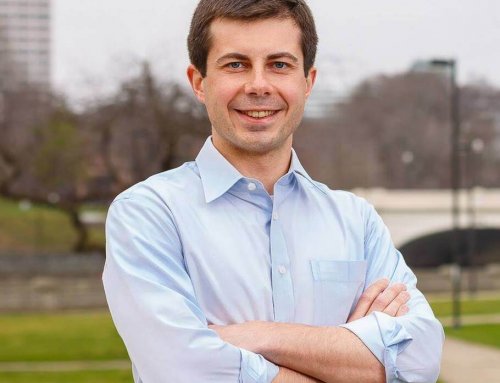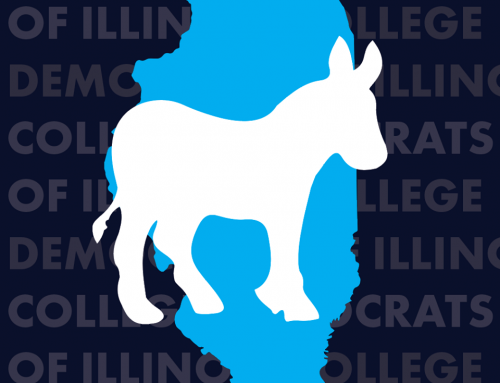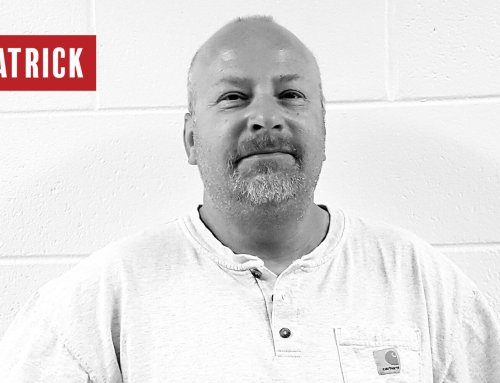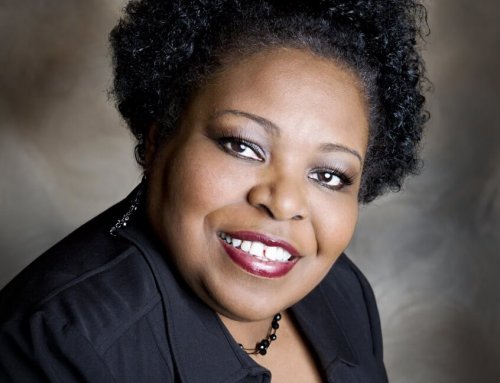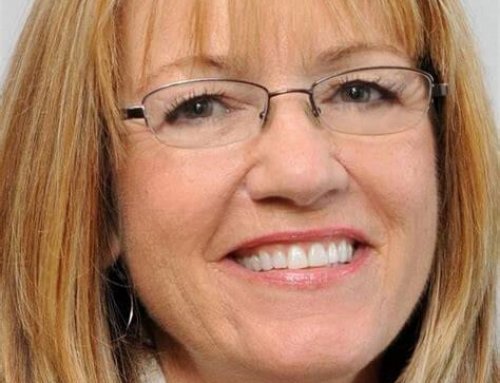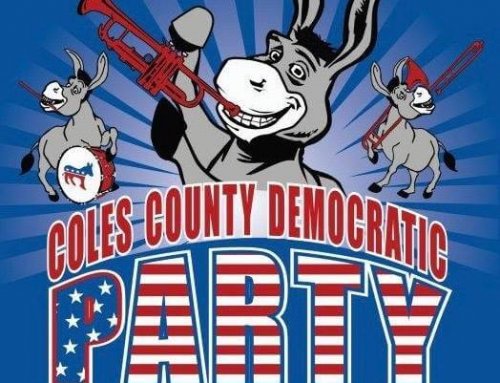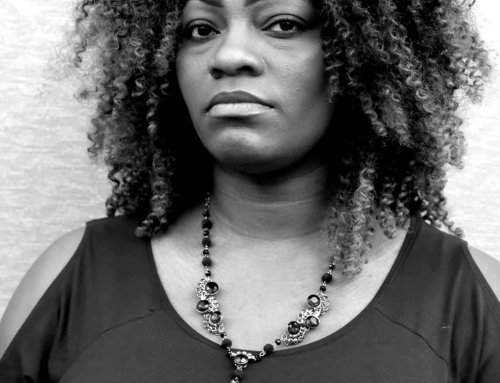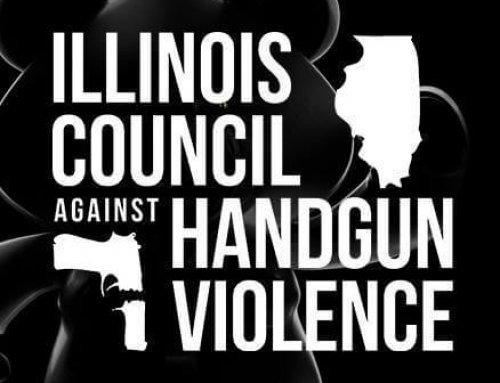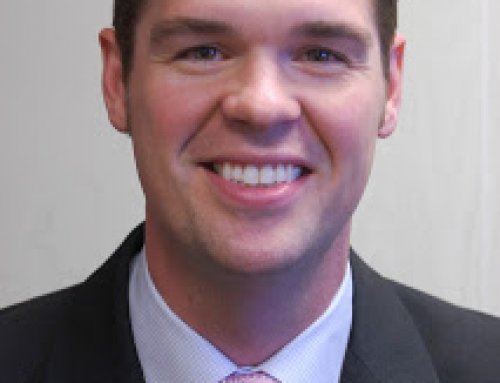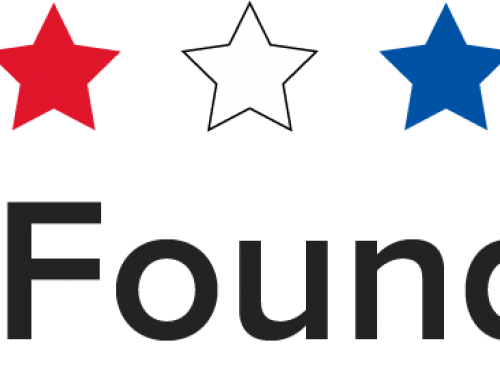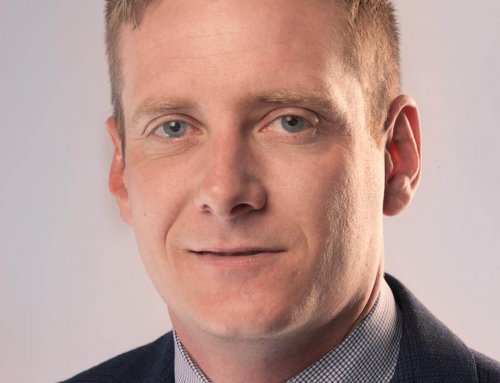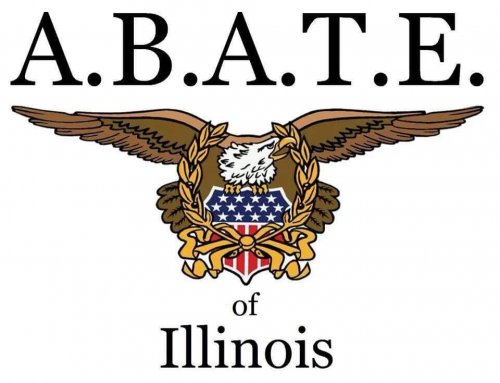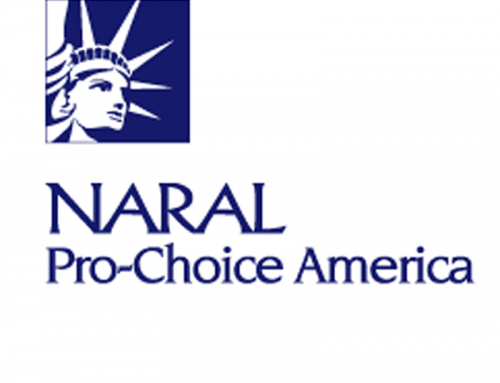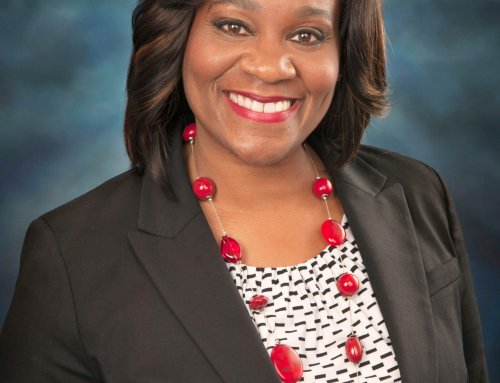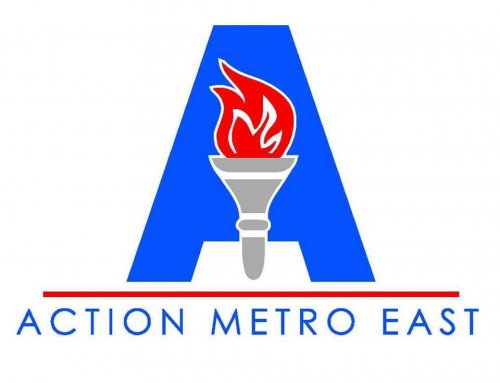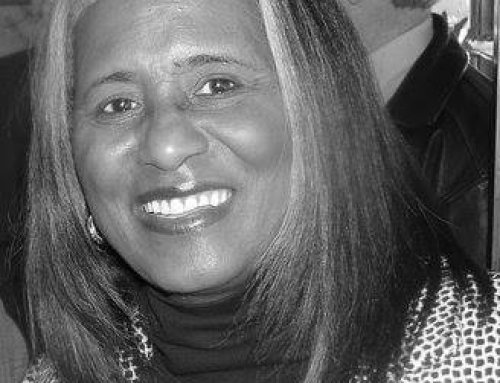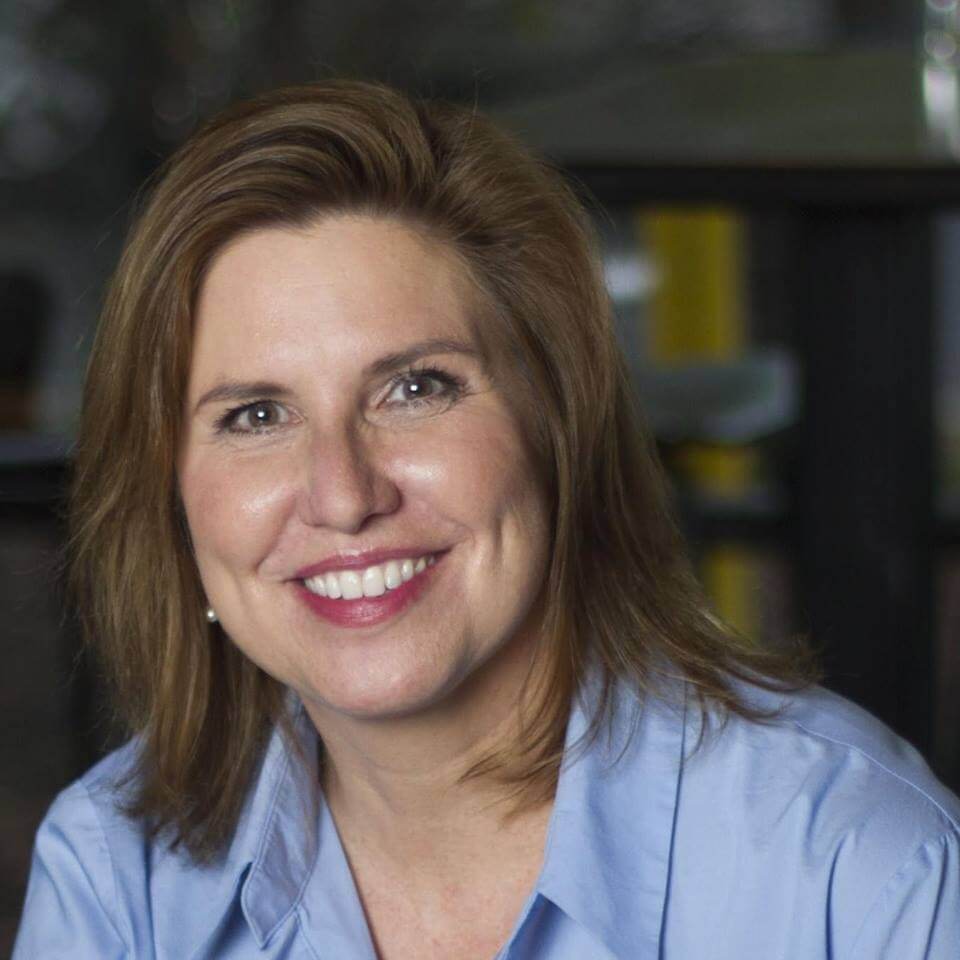
An Argument to Protect Your PCs
by Kristina Zahorik, IDCCA At Large Executive Board Member, County Chair of the Democratic Party of McHenry County, & State Central Committeewoman (IL 14th), @McHenryDems
Every election cycle, campaigns battle it out for volunteers. And, one seemingly easy source is county Party precinct committeepeople (PC). The primary role of a county Democratic Party is electing Democrats; therefore, it would follow PCs are sought to be exclusive volunteers for campaigns.
The truth is, exclusivity to a campaign isn’t the role of a PCs.
PCs are volunteers for their county Parties and County Chairs should protect their PCs from being wooed away from that critical role. The volunteer work our PCs do is vital for both the Democratic Party and campaigns. They ensure election integrity, help get Democrats on the ballot, grow the Party, and get out the vote to elect Democrats.
It’s important to remember that a symbiotic relationship exists between campaigns and county Parties. While county Parties do not run or fund campaigns, they do help build a strong volunteer infrastructure to support the efforts of campaigns beyond a single election cycle.
This is not to say PCs shouldn’t volunteer or be asked to volunteer for a campaign, but PCs must also be able to fulfill their Party roles, such as representing the Democratic Party to the voters of their precincts. Conversely, PCs have an obligation to represent their precinct within the county Democratic Party. This grassroots representation is the heart of our democracy and the basis for all other elected positions.
It takes commitment and time to get to know your precinct and PC who knows their neighborhood is invaluable, particularly in areas of our state that are not solidly blue. Once elected or appointed, a PC should introduce themselves and share contact information to the Democratic voters in their precinct. PCs are neighbors and aim to forge a strong friendship.
The county Party may provide its PCs with business cards or literature to help provide information to voters. A PC who is known within their precinct, who has shared contact information, invited neighbors to participate in events, listened to their concerns, or even found volunteers for campaigns, are growing the Party and, as a result, helping candidates. Trust develops, and the voter is not only more likely vote, but also to listen to recommendations from their PC. In turn, that voter may share information to friends and family, increasing the vote for a candidate.
Another critical role of PCs is the appointment of Democratic Party Election Judges. With voting rights under attack, ensuring a complete slate of Democratic Election Judges is essential. In some counties, this is a challenging and time-consuming effort. For example, in McHenry County, each PC should appoint two judges – a total of 424 people.
County Parties should also make certain Election Judges are an integral part of the organization. It builds the county Party and inspires volunteering in other ways…like helping with campaigns. Moreover, having a full slate of Democratic Election Judges maintains the vote integrity for candidates.
Prior to the filing deadlines for an election, a PC should ensure they’re completing at least one petition signature sheet for each Democratic Party candidate eligible in their precinct. Some up-ballot races have a high signature requirement which makes it difficult for a candidate to collect all that is needed. Even when candidates are slated they are required to collect signatures from voters, in a shorter amount of time. A strong, well-known and active PC can help fast-track that effort.
County Parties that collect and submit substantial petition signatures increase their importance, particularly with statewide or national campaigns. This helps those county Parties in less Democratic areas. A campaign may send a candidate to more conservative area once they know there are more votes to be had which, in turn, helps the county Party and down ballot candidates.
Good, solid, legitimate signatures for a petition effort are vital for any campaign. A PCs door-to-door effort In reduces the chance of a petition challenge for a candidate and allows for the exchange of information, both of which again helps candidates. Most notably, that signature is the first interaction, or touch, a candidate has with a voter. Having it come from someone a voter trusts is important.
The next major job for PCs requires some explanation. As the election cycle moves closer towards the election, a PCs job is to “Get Out The Vote” (GOTV). It’s the cumulation of months of work, personal interactions and maybe even a little persuasion. But, it’s all about getting our voters out to vote through canvassing, phone banking, email, texts, and mailings.
When a campaign engages in GOTV, they’re seeking a vote for their candidate. When a PC is working a GOTV effort, she’s asking a voter to vote for Democrats.
A first step in PC GOTV efforts is to inform voters of who the Democratic candidates are on the ballot. In some counties, the county Party may provide a one-page fact sheet for PCs to handout. A second step might include asking their neighbors for candidate sign placements. The third step is to ask voters what their voting plan is and provide additional candidate or voting information if necessary. The final step is to ensure the voter votes.
There are various tactics and resources used by PCs and the county Party throughout all of these steps. These are layered upon and add substantial value to what a campaign is doing. When PC’s known voter lists are merged with an expanded list of persuaded voters from a coordinated campaign, Democratic candidates get more votes.
One way to highlight the difference between a PC and a campaign volunteer canvasser is by taking a look at who they are canvassing. When a campaign asks for volunteers to canvas a precinct, the campaign often targets voters that are different than what the county Party may ask for from their PCs. Months out from the election, a campaign is targeting persuadable voters and identifying voters for their candidate. The list of door knocks or phone calls is coming from the campaign, rather than a list a PC is building. The high value precinct for a campaign may not have a PC. In addition, the information gathered goes back to the campaign, rather than the county Party.
Canvassing a persuadable doors can be challenging. Some training, usually from the campaign, is often necessary. The aim of the canvas is to persuade the voter to vote for the requisite candidate. In contrast, when the county Party asks for their PCs to canvas, the PC is pulling their own list of voters. If they are identifying voters, they are not identifying for a particular candidate, but whether the voter is likely Democratic. This effort is particularly significant in more conservative areas where our voters often cross Party lines in local elections. Information gained from the canvas is returned to the county Party, which benefits everyone and future campaigns.
As outlined, PCs have a lot asked of them. And, everything they do, helps candidates get elected.
Illinois continues to be a Democratic state. Democrats carried the state for the 2016 presidential candidate, both senate seats, the majority of the congressional seats, the statewide offices of Attorney General, Secretary of State, Treasurer, and Comptroller, and the majority in both State Chambers. With hard work, we are about to elect a Democratic governor.
The picture, however, is more complex. These successes don’t reflect the entirety of our state. We are a “blue state,: surrounded by a sea of red with pockets of purple and deep red. We have counties that have few, if any elected down-ballot Democrats. And PCs can make the difference in these races, moving the margin of victory in statewide and federal races. For these reasons, PCs occupy a critically salient role through neighbor-to-neighbor organizing.
A final illustration: For some of the precincts in my county, only 7 voters are identified as Democrats. I am not discouraged. I know the majority of voters in my county are not identified. I know many Democrats cross over and vote in Republican primaries. I also know, from 2016 – 2017, according to the latest U.S. Census Bureau figures, McHenry County’s population grew and was the largest gain in the state.
Not surprisingly, analysis completed after the 2016 election shows high population areas tend to vote Democratic. To underscore that point, population dense counties that surround Chicago all had margins shift more Democratic in 2016. And while Clinton did not win my Republican strong-hold collar county, the margin shifted in our favor.
If we are able to fill our PC slots with engaged PCs, committed to doing the difficult work, McHenry County will continue to increase the Democratic margins for statewide and federal candidates. We’re also closer than ever in winning local races.
Rauner and Trump’s harmful governance has enraged and engaged more citizens to become active in the political process. They’re coming to the side of Democrats in droves. This influx of volunteers is challenging, but very welcome. Prior to the November 2016 election cycle, many county Parties only had a few dedicated volunteers trying to complete all the jobs for the Party and campaigns.
Today, all over Illinois, we have the opportunity to build and grow strong Party structures to help resist the assault on our democracy and elect Democratic candidates up and down the ballot. In that effort, the PC role is special.
In a robust Democratic county, a PC may identify every voter, have people as election judges, technical judges, volunteers, fundraisers, and even potential candidates. But for most of us, we aren’t there yet. Therefore, it is essential to allow and encourage our PCs to do the job they were elected or appointed to do.
This helps all of us.
